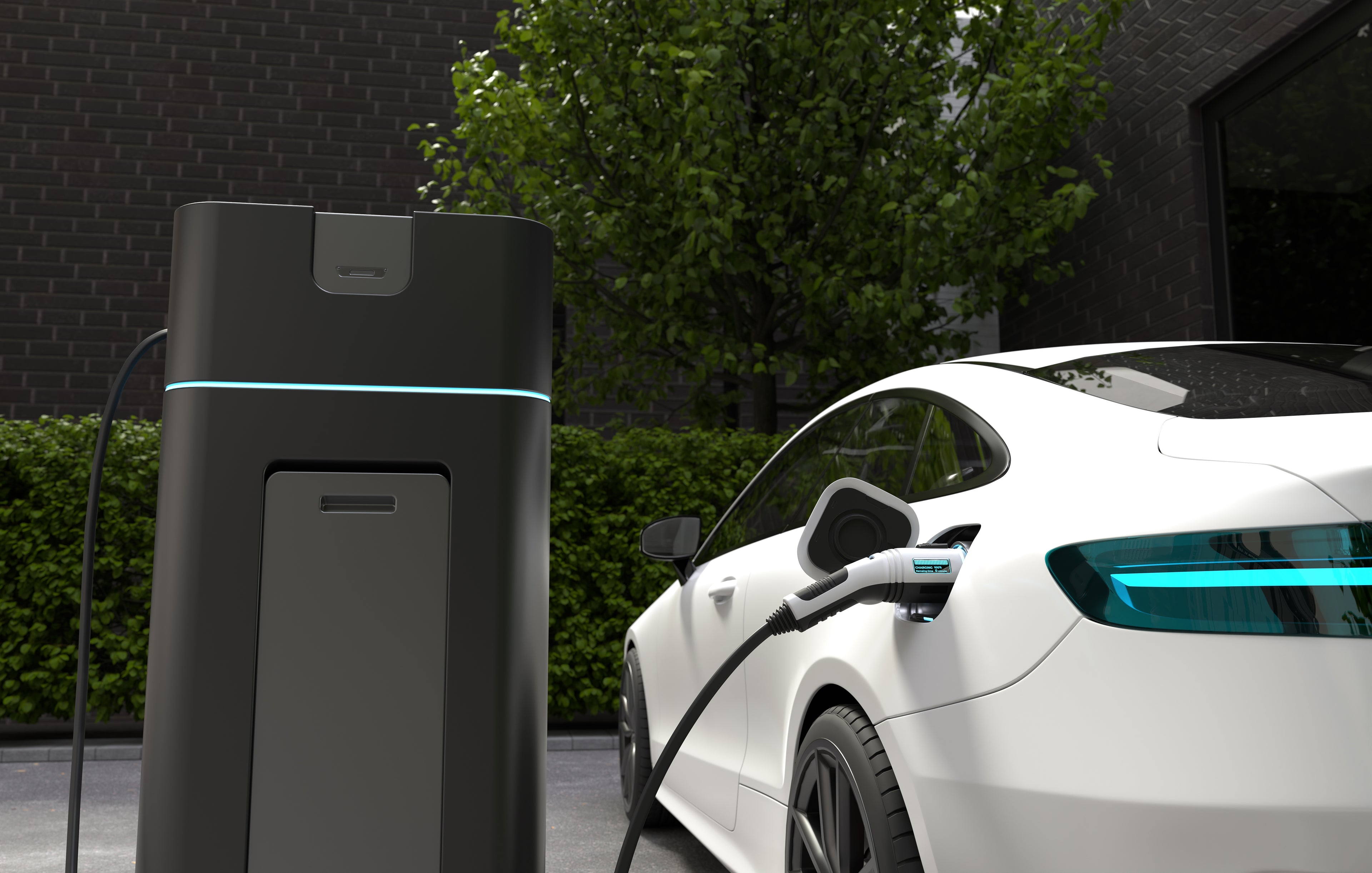
Charging Station
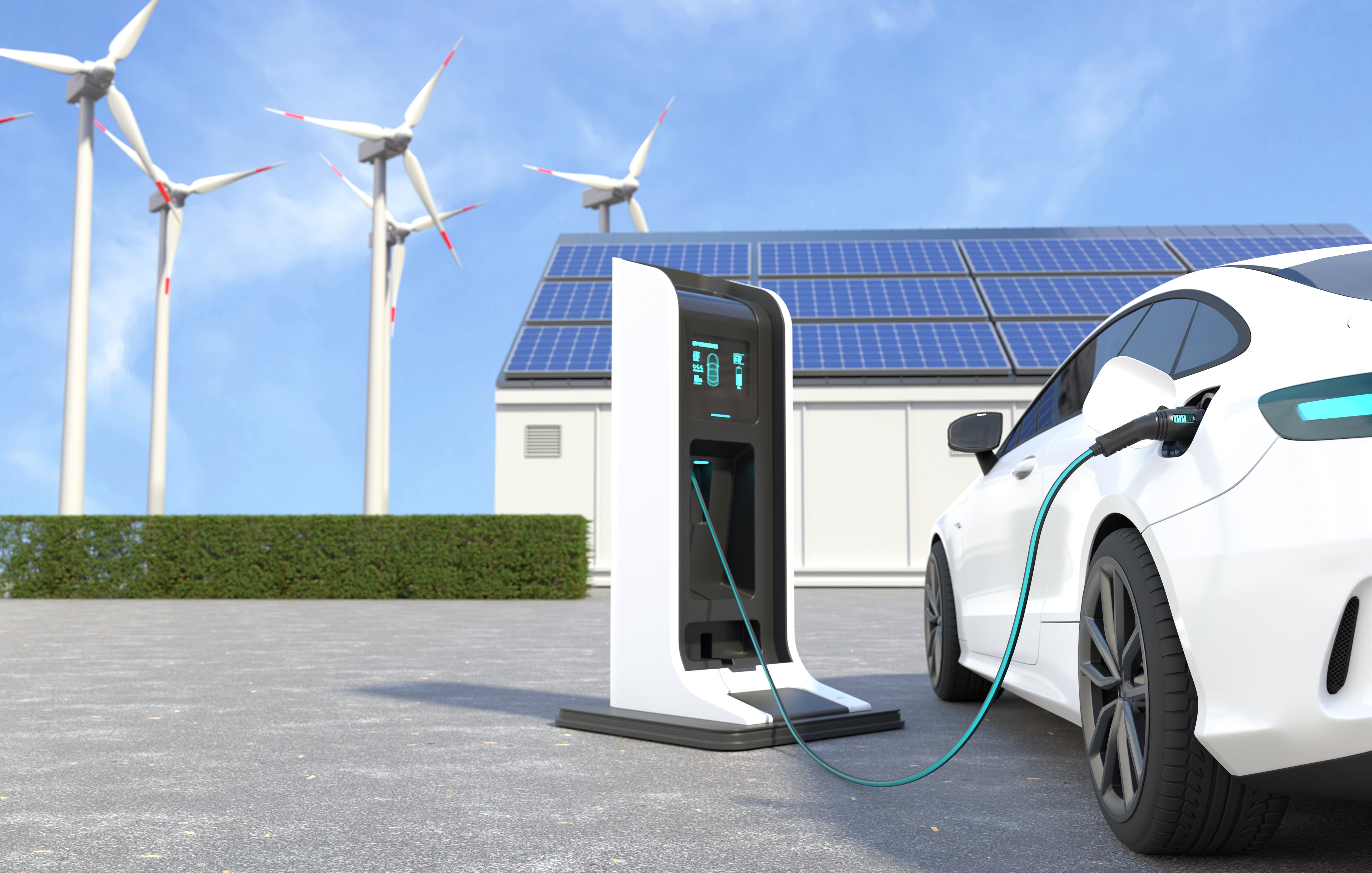
Renewable Energy for EVs

KEY PARTS OF AN EV BATTERY
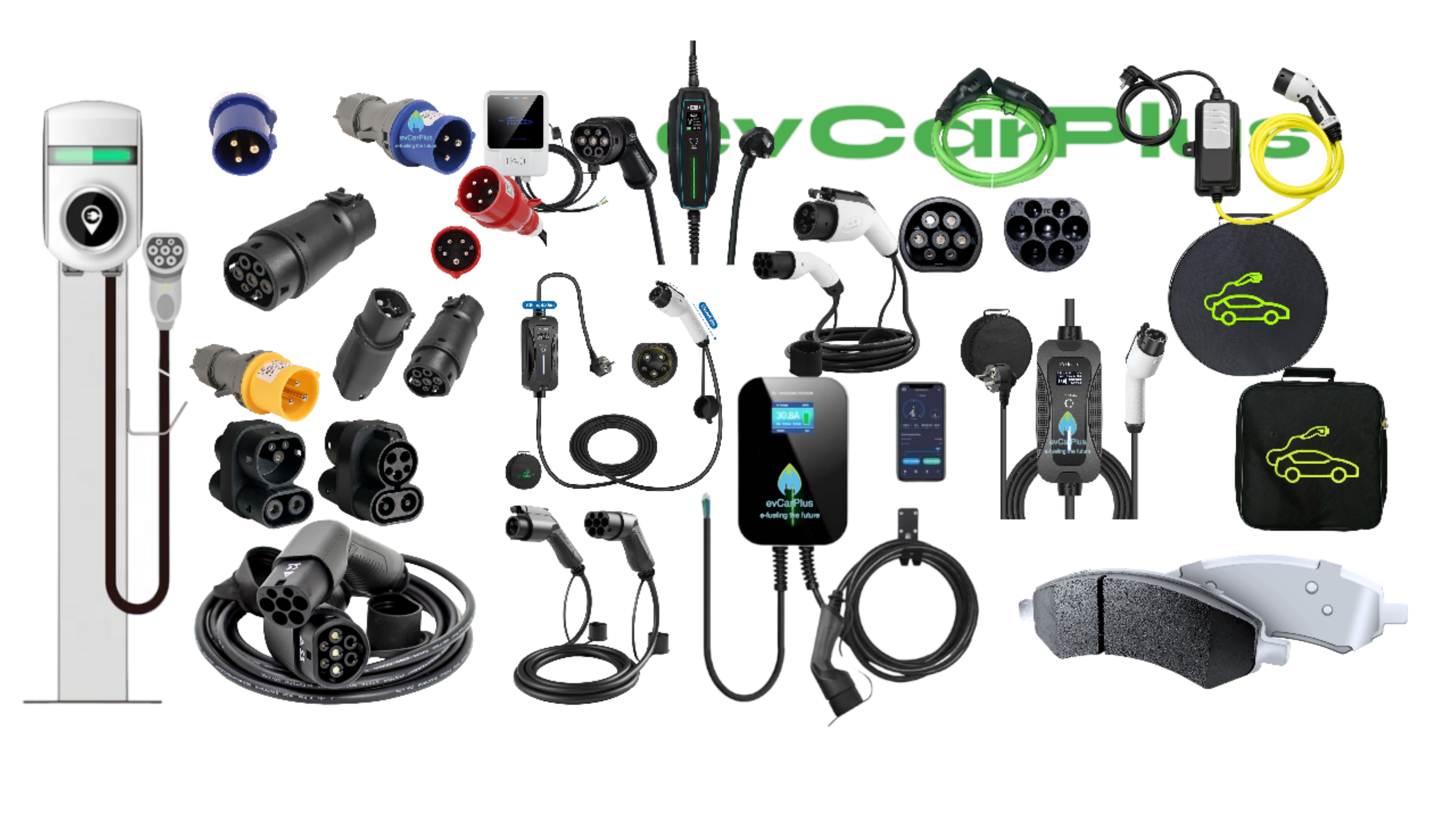
EV Parts & Accessories
Product Category
-

Type 1 Charging Cables
Shop Type 1 CablesType 1 is a single-phase plug and is standard for charging all electric cars from North America, Japan, and some parts of China. It allows you to charge your car at a speed of up to 7.4 kW, depending on the charging power of your car and the grid capability. The Type 1 Cable is compatible with both Level 1 and Level 2 charging stations. Level 1 is the slowest type of charging. Level 1 chargers plug directly into a standard 120 volt AC outlet.
-

Mode 2 Charging Cables
Shop Mode 2 CablesMode 2 charging cables allow drivers to charge their electric cars from a standard 230V power socket outlet, providing up to 16A of alternative current. The Charging cable enables the flow of AC electricity from a charging station to the car's on-board charger. The cable is equipped with safety features, which provides power to the vehicle's charging port to enable communication between the car, and the charging station.
-

Adaptors
Shop AdaptorsElectric cars charging cable adapters are used to connect an electric car to a charging station. They enable the car to draw power from the charging station. The adapters come in several different configuration depending on the make and model of the car and type of charging station. Some adapters also allow for communication between the car and the Charging station, allowing for remote monitoring of the charging process.
-

Type 2 Charging Cables
Shop Type 2 CablesType 2 EVSE charging cables are used to charge electric cars in Europe, UK, Australia, New Zealand and many other countries. The charging cable has two plug, a male Type 2 plug on one end, and a female Type 2 plug on the other end allowing the charging cable to be plugged into any comparable electric vehicle charging station. Type 2 charging cable powers output up to 22 kW for private charging, and 43 kW for public charging.
Type 1 Charging Cables
-
Type2 to Type1 Cable, ZR-USO11
Precio habitual £221.40 GBPPrecio habitualPrecio unitario / por£221.40 GBPPrecio de oferta £221.40 GBP
Type 2 Charging Cables
-

 Agotado
AgotadoType2 to Type2 Cable 22kW
Precio habitual £262.39 GBPPrecio habitualPrecio unitario / por£262.39 GBPPrecio de oferta £262.39 GBPAgotado -

 Agotado
AgotadoType2 to Type2 Cable 11kW
Precio habitual £222.46 GBPPrecio habitualPrecio unitario / por£0.00 GBPPrecio de oferta £222.46 GBPAgotado -

 Agotado
AgotadoType2 to Type2 Cable 7.2kW
Precio habitual £222.08 GBPPrecio habitualPrecio unitario / por£0.00 GBPPrecio de oferta £222.08 GBPAgotado -

 Agotado
AgotadoType2 to Type2 Cable 3.6kW
Precio habitual £170.90 GBPPrecio habitualPrecio unitario / por£0.00 GBPPrecio de oferta £170.90 GBPAgotado
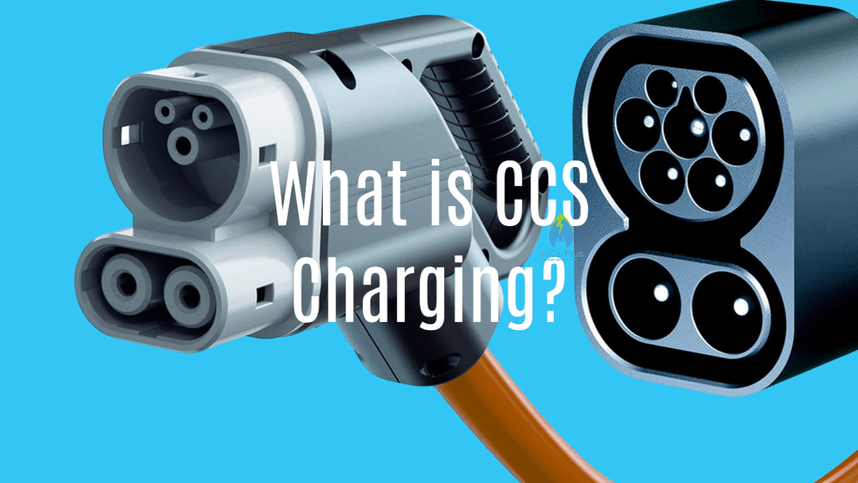
"Power Your Future with CCS EV Cables!"
CCS (Combined Charging System) is a global charging standard designed to power the world's electric vehicles. It is an international charging system that is designed to be used by all types of EVs. CCS charging stations are capable of providing up to 350 kW of power, allowing for fast charging.

Home Chargers
An EV Home Charger, or Electric Vehicle Home Charger, is a device that is used to charge an electric vehicle from an electrical outlet in a home. It typically provides a faster charger than what is available from public charging stations, allowing EV owners to charge their vehicles more quickly and conveniently.
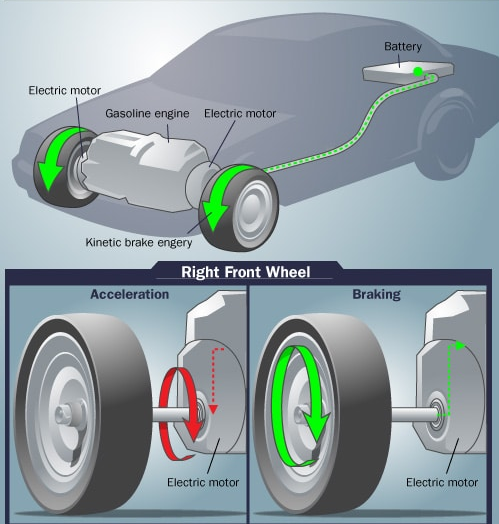
Regenerative braking is more than just a feature; it revolutionizes energy conservation in electric vehicles. When you press the brake pedal in an EV, the system ingeniously transforms kinetic energy, which would otherwise be lost as heat, into electrical energy. This energy is then channeled back into the battery, providing additional power to your vehicle and diminishing the frequency of charging.
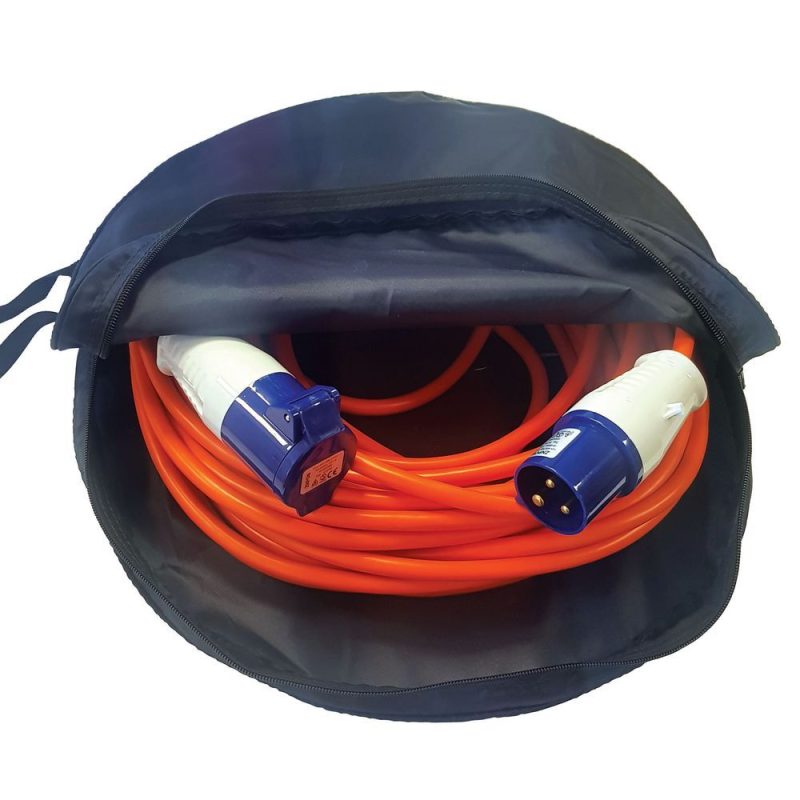
EV Cable Bags offer more than just a means to carry your cables. They provide organization, protection, and convenience. Designed to keep your charging cables neatly wound, free from dust, and ready for immediate use, these bags address a common need. Considering the bulk and awkwardness of EV cables, a robust cable bag simplifies transportation and helps maintain an orderly trunk. Additionally, they often feature compartments for adaptors and other charging essential. The true value of these bags, however, is their durability. Crafted from premium materials, they are made to endure harsh weather conditions, be it intense heat or severe cold. For those seeking to enhance their charging process and protect their equipment an EV Cable Bag is an excellent investment.














